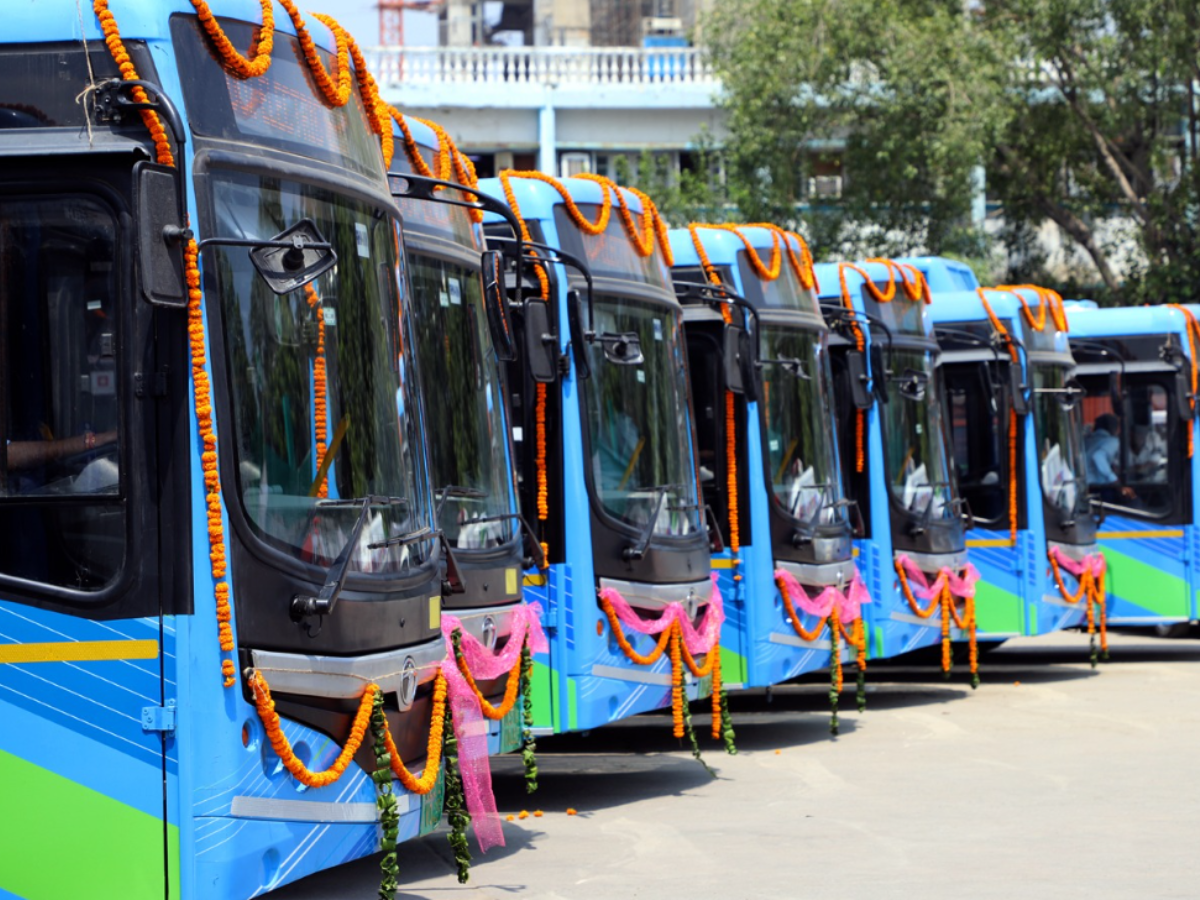Delhi government’s Mohalla bus service is expected to be rolled out within a month. Transport Minister Kailash Gahlot has formed a committee to inspect the approved prototype of the bus.
The Mohalla Bus Scheme aims to deploy nine-metre-long electric buses to provide neighbourhood or feeder bus services. The Kejriwal government plans to introduce 2,180 such buses by 2025, specifically targeting areas with limited road width or overcrowding.
Officials have confirmed that the bus prototype has been approved. “The inspection of the bus is already underway at Manesar in accordance with the Central Motor Vehicles Rules (CMVR). The minister has also formed a committee to inspect the bus in terms of the specifications required by the department. This will take a fortnight. We hope to complete this process by July 7. Following these clearances, the buses will be put on the roads for a week-long trial,” said an official familiar with the development.
The committee includes officials from DIMTS, DTC, and the transport department. After the trial is completed, orders will be placed with the manufacturer. “It depends on the production of these buses by the company. As soon as we receive the first lot, we plan to roll out the scheme,” the official added.
The buses will feature a blue and green colour combination with ‘Mohalla Bus’ written on them. In March, Gahlot inspected a prototype of the nine-metre Mohalla bus at the Rajghat bus depot and travelled on it to attend the assembly budget session. He stated that these buses have seats for 23 passengers and are designed for shorter routes within Delhi, serving as a vital mode of first and last-mile connectivity for commuters.
Twenty-five per cent of the seats in the buses will be pink, reserved exclusively for women who will also receive free rides through ‘Pink passes’. These buses aim to improve first and last-mile connectivity, especially in areas where the standard 12-metre buses face operational challenges due to their size and turning radius. By the end of 2025, Delhi aims to have a total of 10,480 buses, 80 per cent of which will be electric. (With inputs from PTI)





